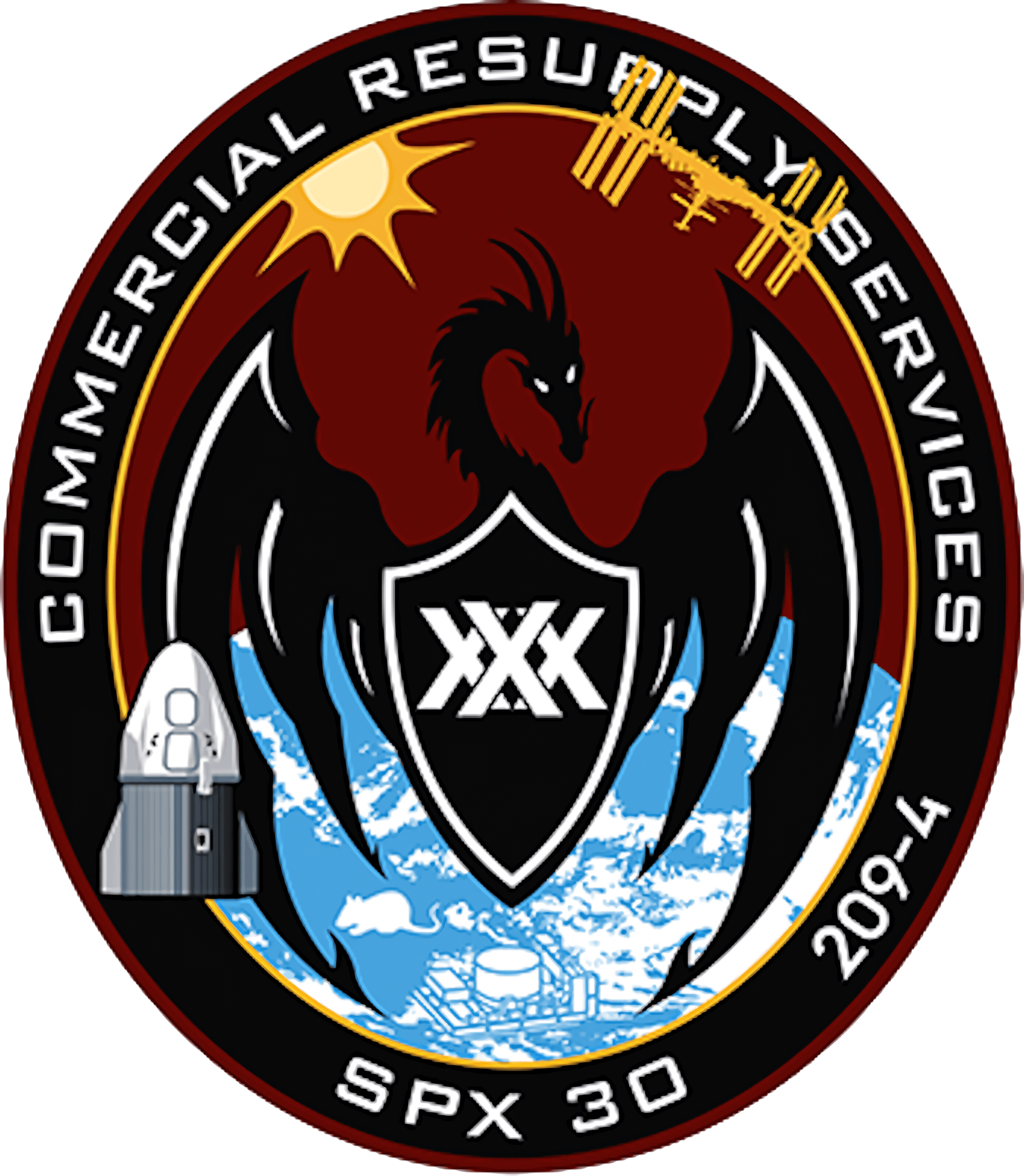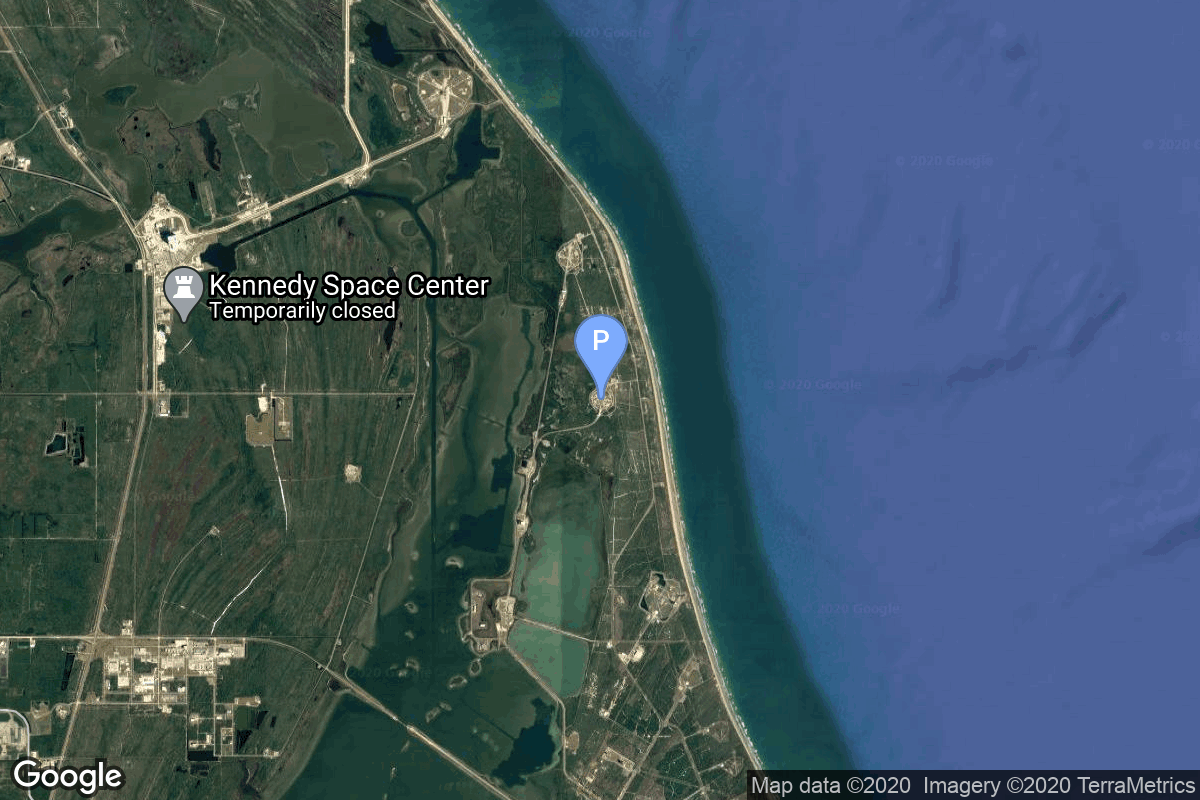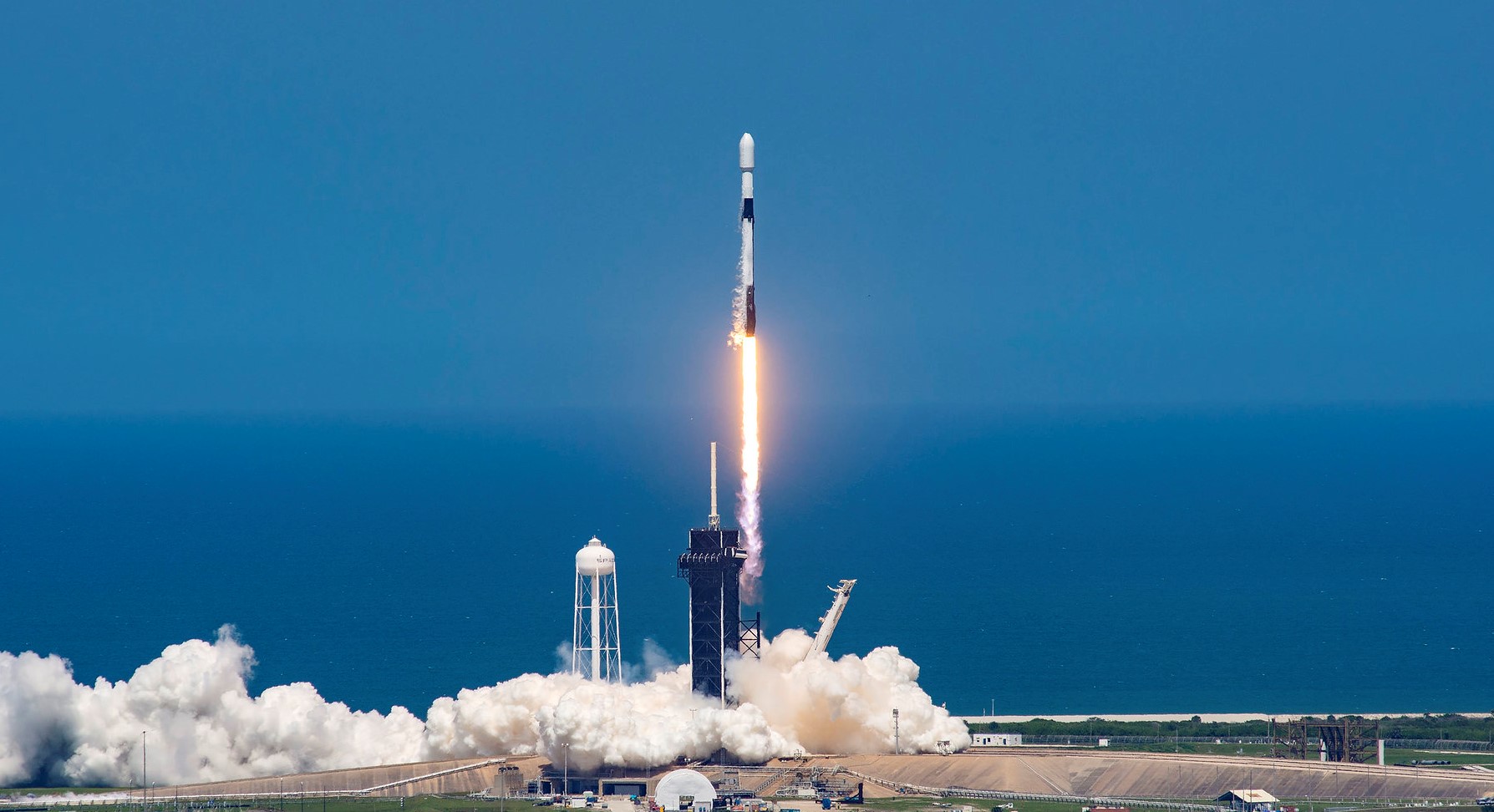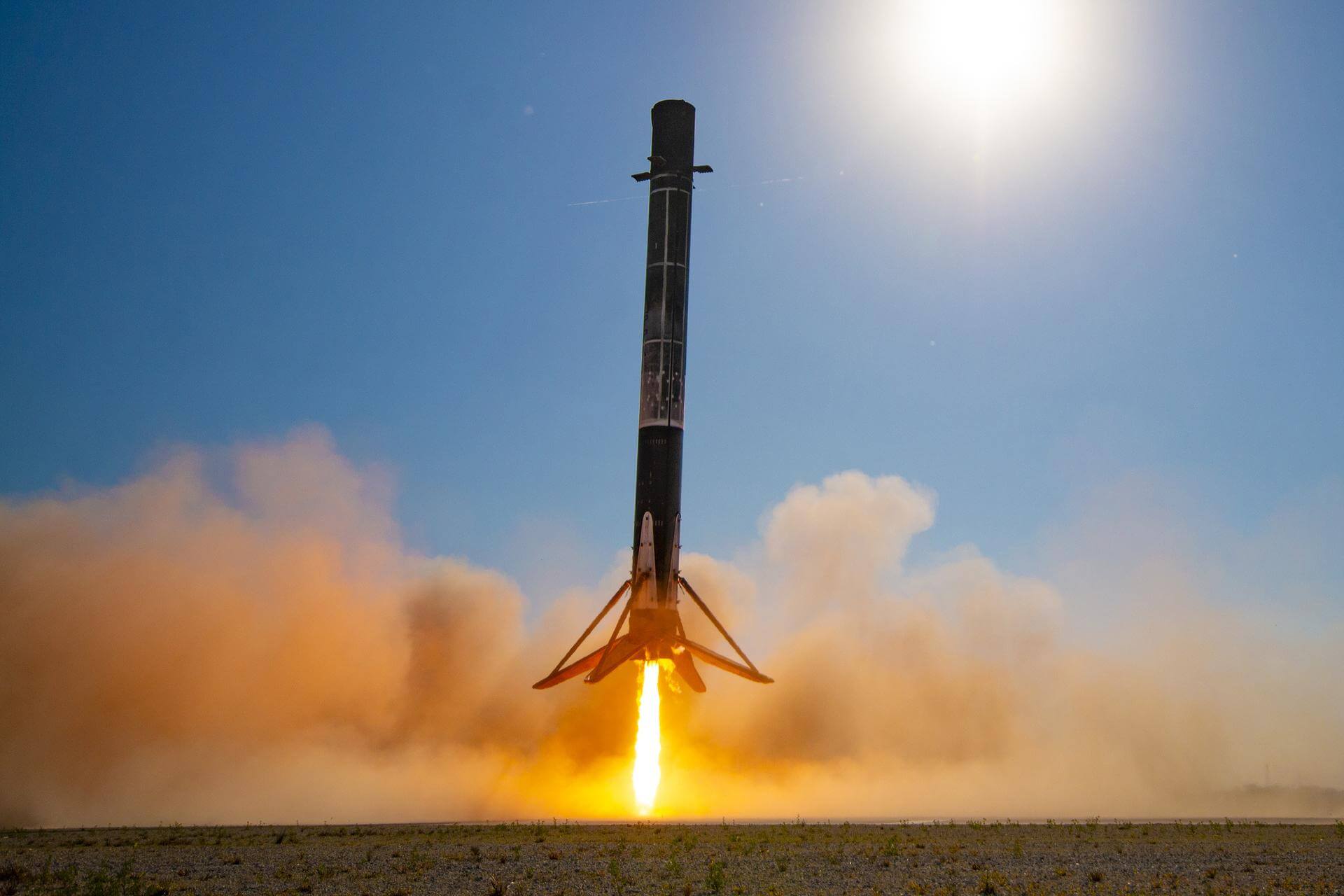Dragon CRS-2 SpX-30
Falcon 9 Block 5
SpaceX
Weather Forecast During Launch
According to weather officials, there’s a 90% chance of favorable weather conditions at the time of the launch.
Trajectory
View comprehensive details including the rocket’s trajectory, velocity, altitude, thrust, and more at FlightClub.io.
Mission
Dragon CRS-2 SpX-30
- Type: Resupply
- Orbit: Low Earth Orbit
- Launch Cost: $52,000,000
30th commercial resupply services mission to the International Space Station operated by SpaceX. The flight will be conducted under the second Commercial Resupply Services contract with NASA.
Cargo Dragon 2 brings supplies and payloads, including critical materials to directly support science and research investigations that occur onboard the orbiting laboratory.
Location
Rocket
Landing
Core B1080
Booster B1080 last launched 04/18/2024 and has seen 7 successful launches and landings. Falcon 9 Block 5 booster first used for the Axiom Space Mission 2 Crew Dragon mission.
Landing Zone 1 – LZ-1
LZ-1 Pad located at Cape Canaveral Space Force Station at the previous LC-13
Return to Launch Site – RTLS
A return to launch site usually means that after stage separation the booster flips and does a burn back towards the launch site, landing near where it initially launched from.
Agency
SpaceX
Space Exploration Technologies Corp., known as SpaceX, is an American aerospace manufacturer and space transport services company headquartered in Hawthorne, California. It was founded in 2002 by entrepreneur Elon Musk with the goal of reducing space transportation costs and enabling the colonization of Mars. SpaceX operates from many pads, on the East Coast of the US they operate from SLC-40 at Cape Canaveral Space Force Station and historic LC-39A at Kennedy Space Center. They also operate from SLC-4E at Vandenberg Space Force Base, California, usually for polar launches. Another launch site is being developed at Boca Chica, Texas.





How can I go see it, if I just buy a 1-DAY ADMISSION TICKET for the NASA kennedy space cente do I have access to the BANANA CREEK LAUNCH VIEWING AREA???
There are a couple viewing locations at KSC free and paid. Inquire at KSC.
the starship launch went surprisingly well if you agree with me.
when and where is the next starship launch? I want to go see it.
Information about Starship can be found here
https://www.spacelaunchschedule.com/category/starship/